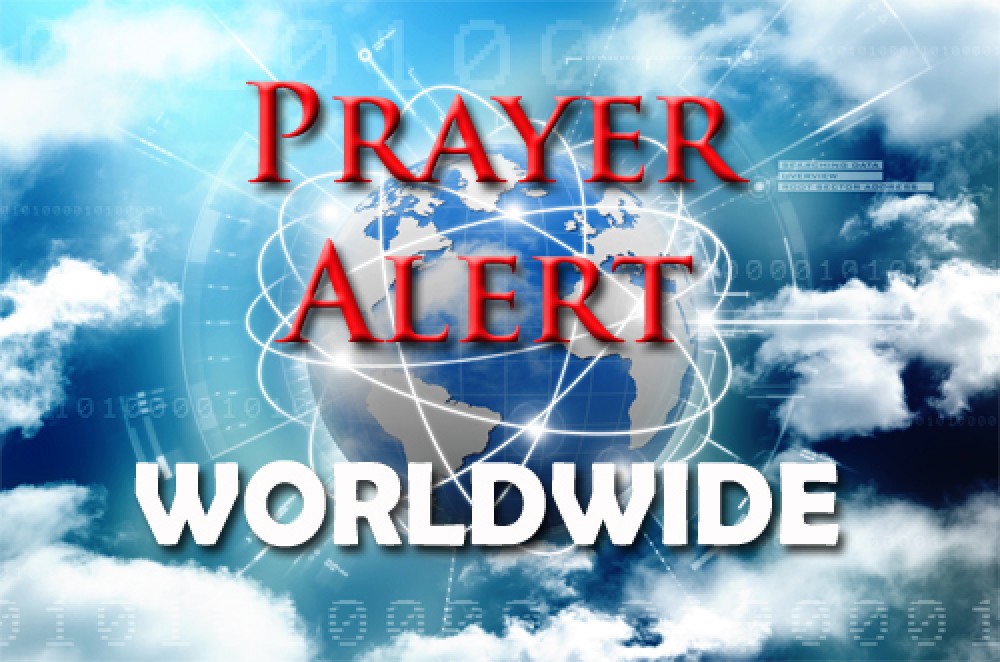Today Iranians are voting for a new parliament and for the body that appoints the country's most powerful official, the Supreme Leader. These ballots are the first since the lifting of sanctions and will indicate the direction the country is heading. MPs divide into two blocs, either supporting a moderate agenda or taking a hard-line stance. Since the nuclear deal, struggles between these two have intensified. President Rouhani needs a good working relationship with parliament to make things happen; he needs the backing of MPs to push through economic reforms and to support his bid for re-election next year. Ayatollah Khamenei, the Supreme Leader, has been in poor health, and the Assembly of Experts (Iran's top clerical body) may have to choose a successor. He is very powerful - commander-in-chief of the armed forces - and appoints heads of judiciary, the state broadcaster, and half of the members of the Guardian Council who vet candidates for presidential and parliamentary elections.
Iran: elections - things we should know
Written by David Fletcher 26 Feb 2016
Additional Info
- Pray: for God in His mercy to guide the future of Iranian politics at this time. (Mt.6:10)
- More: www.bbc.co.uk/news/world-middle-east-35614493